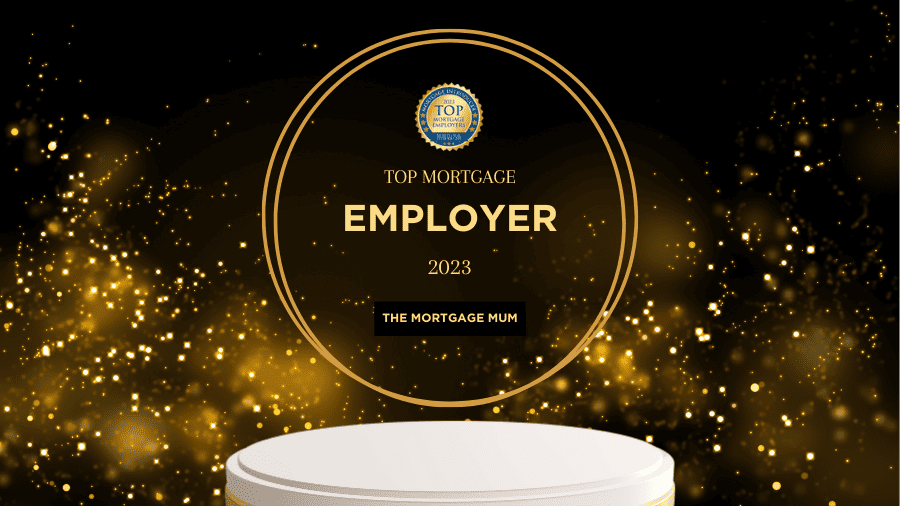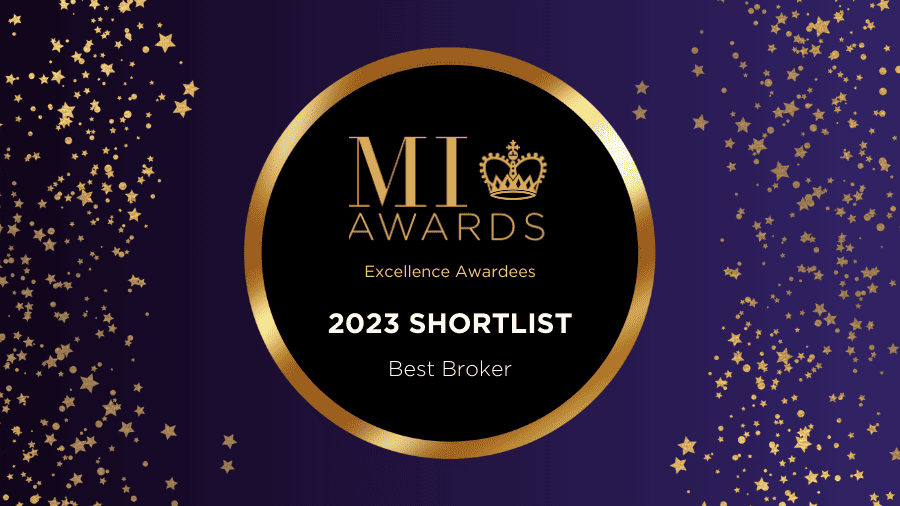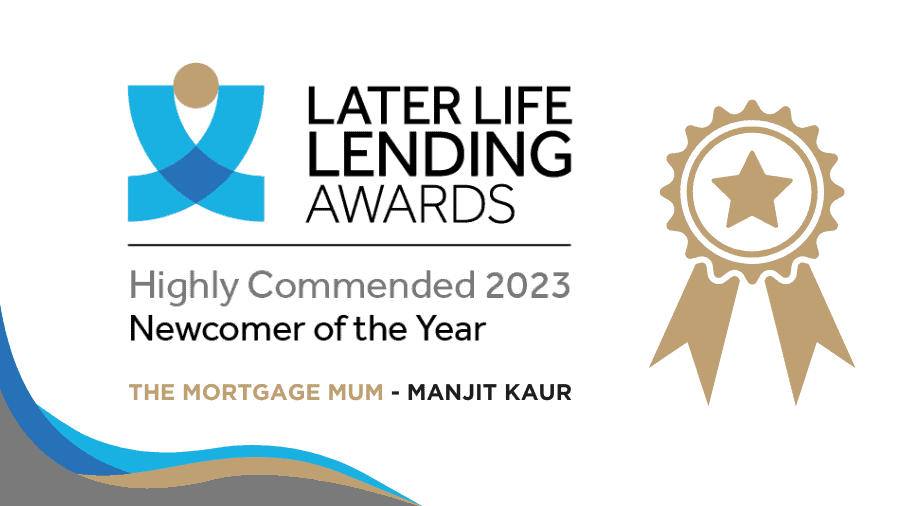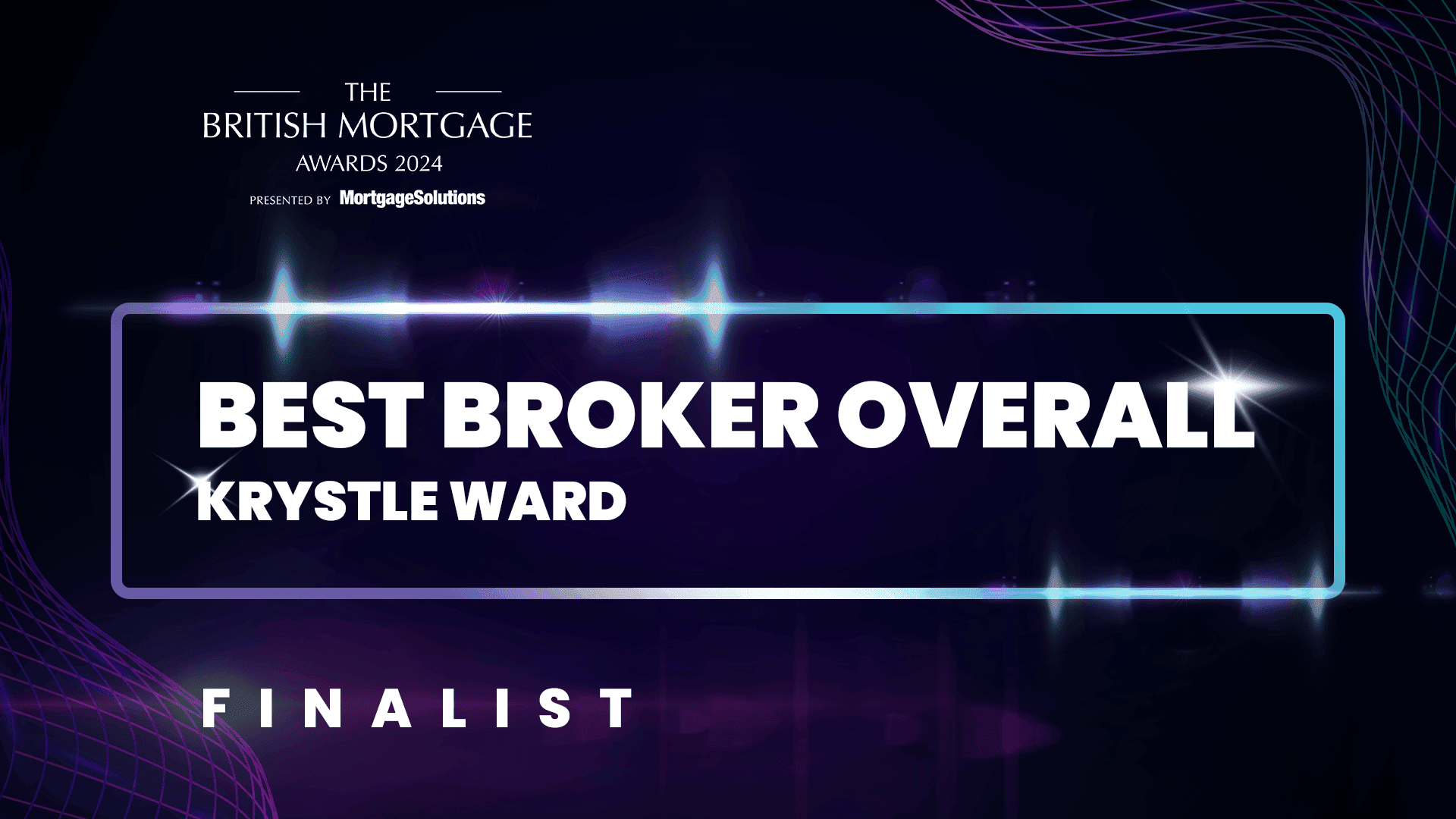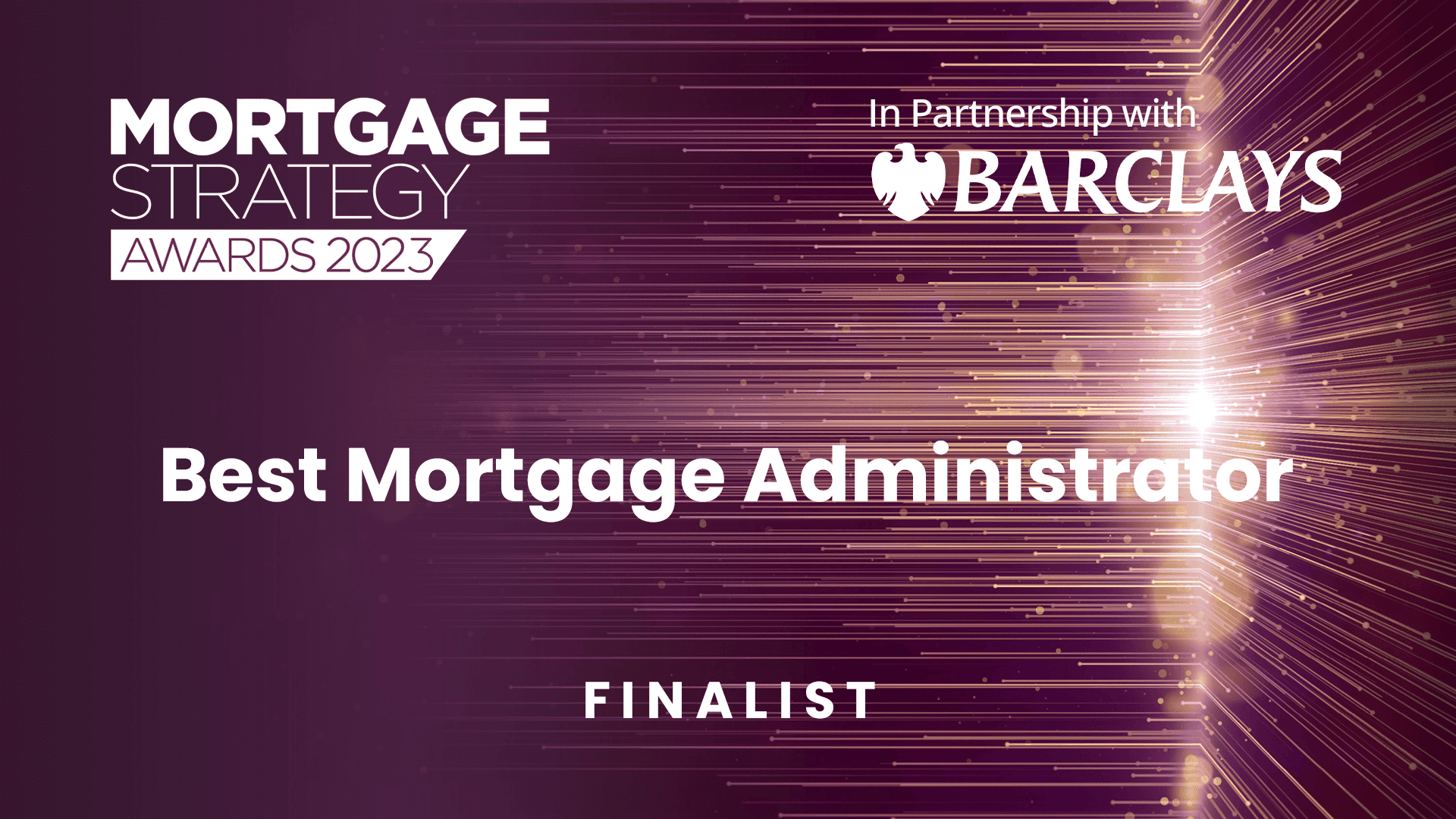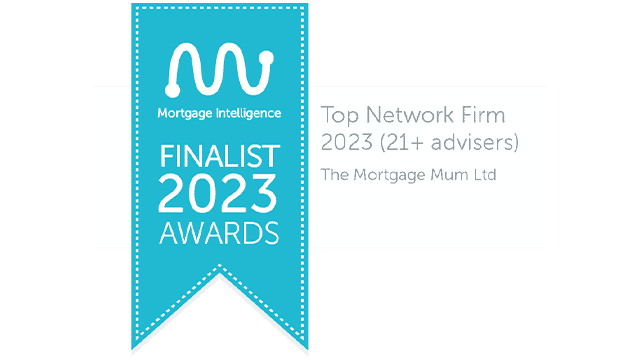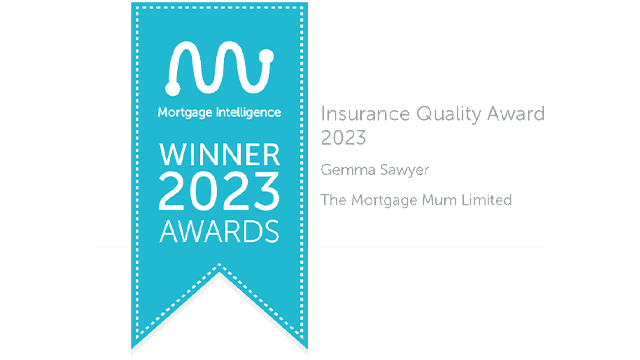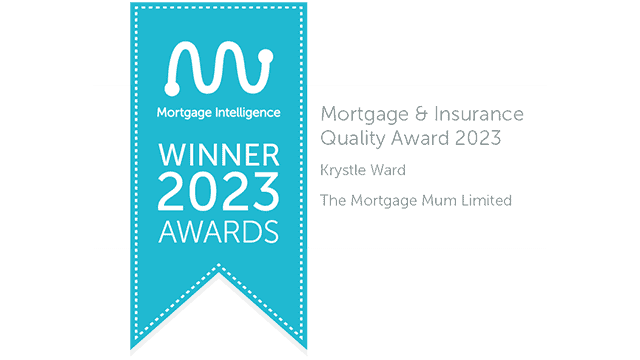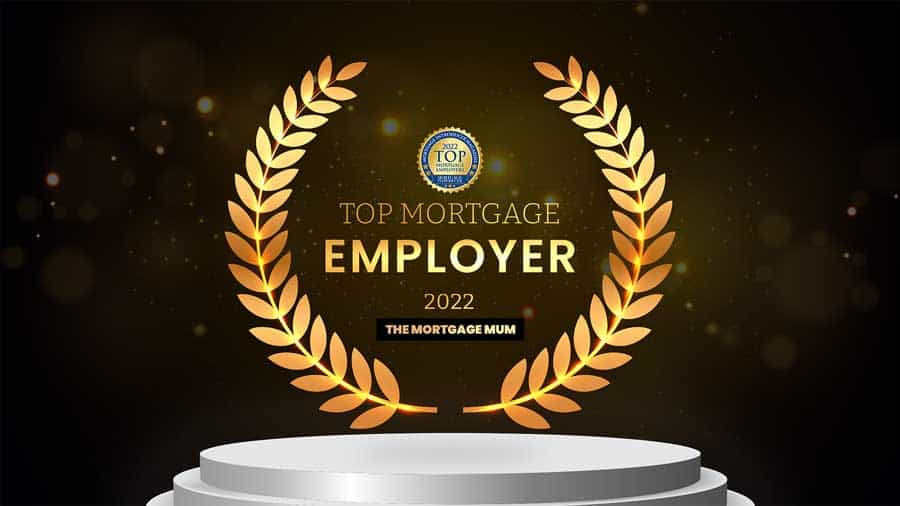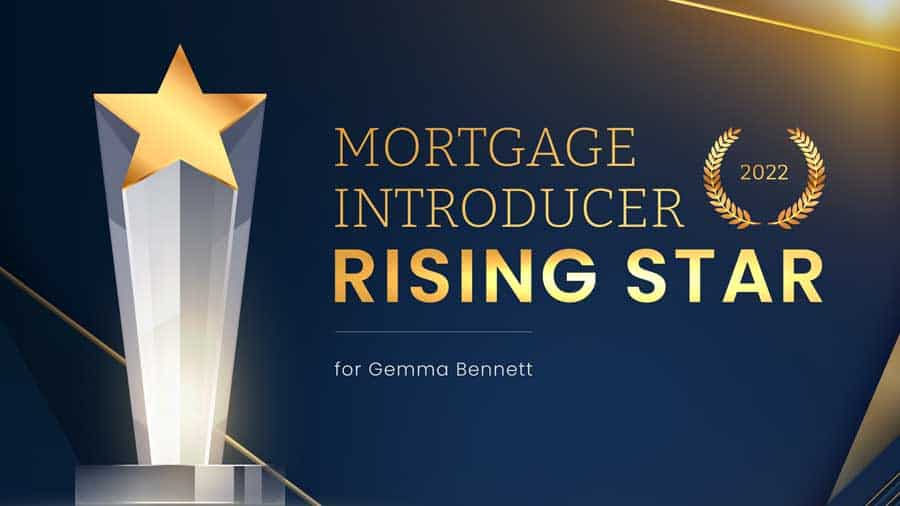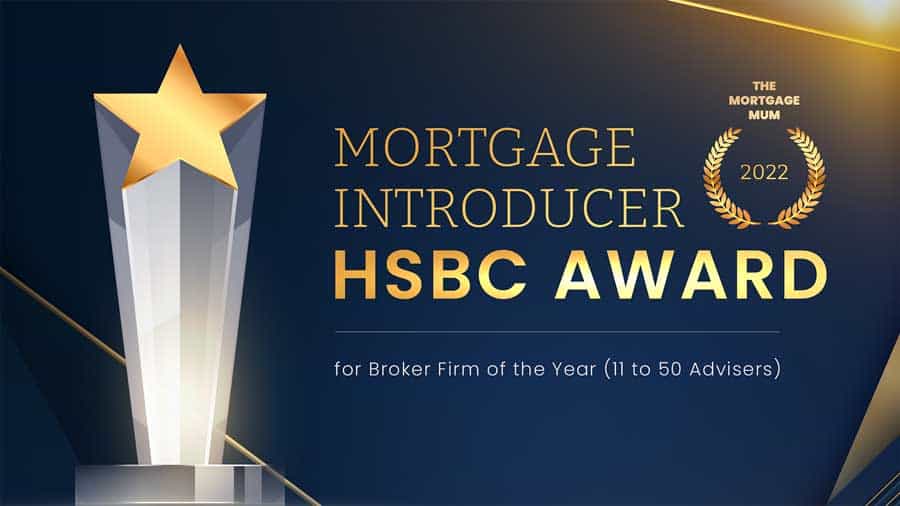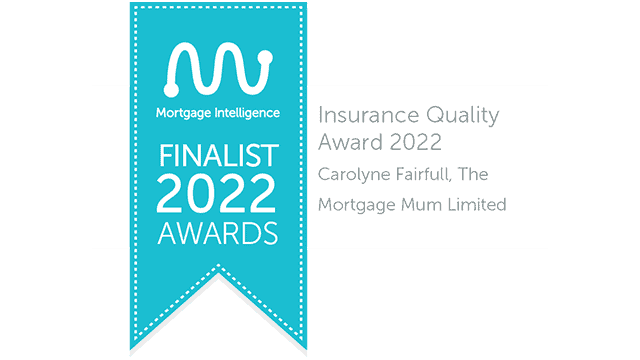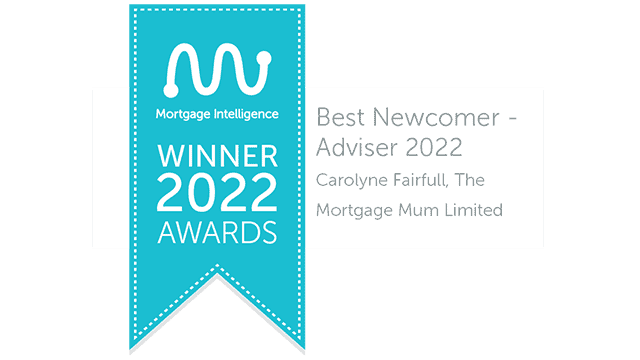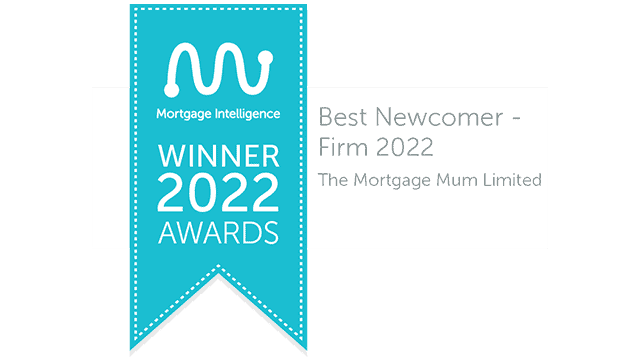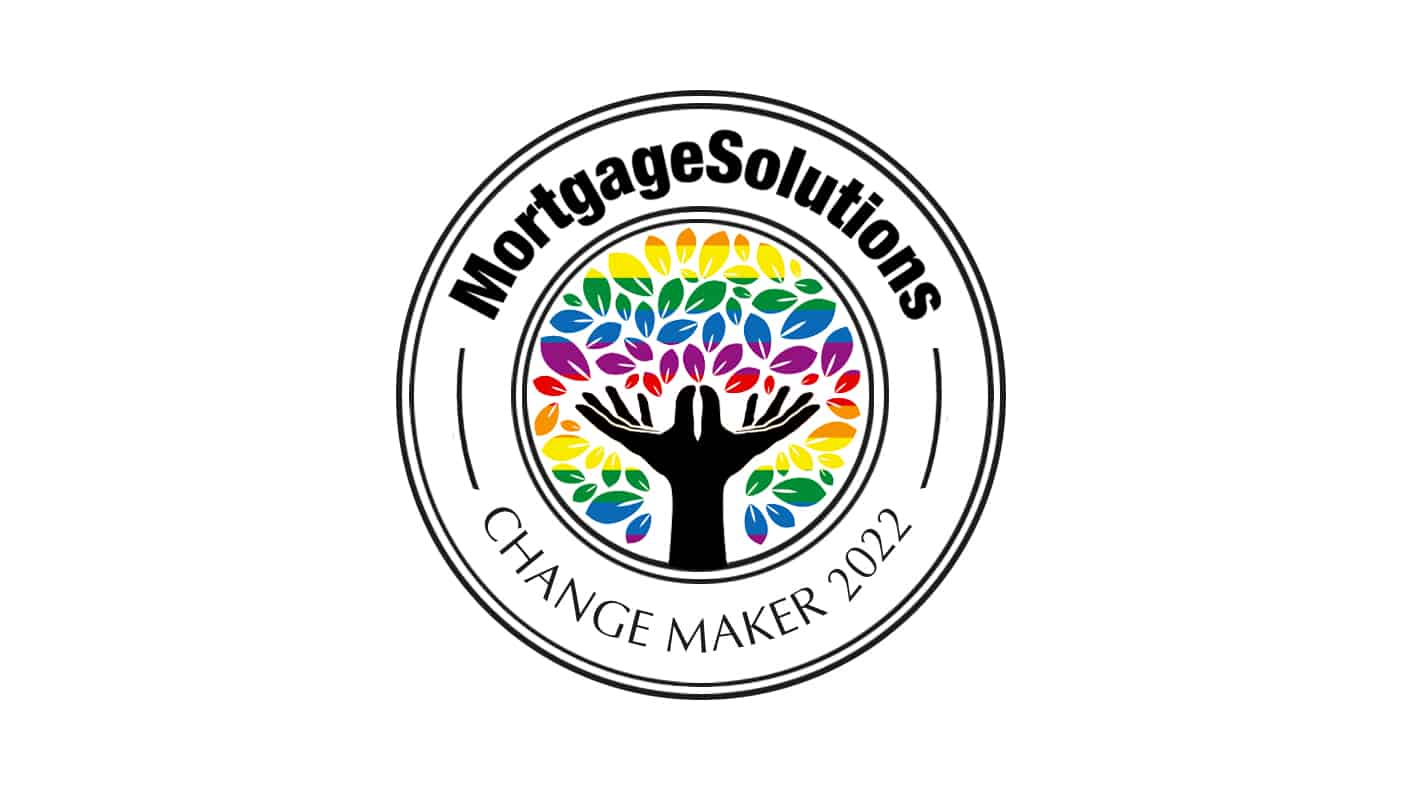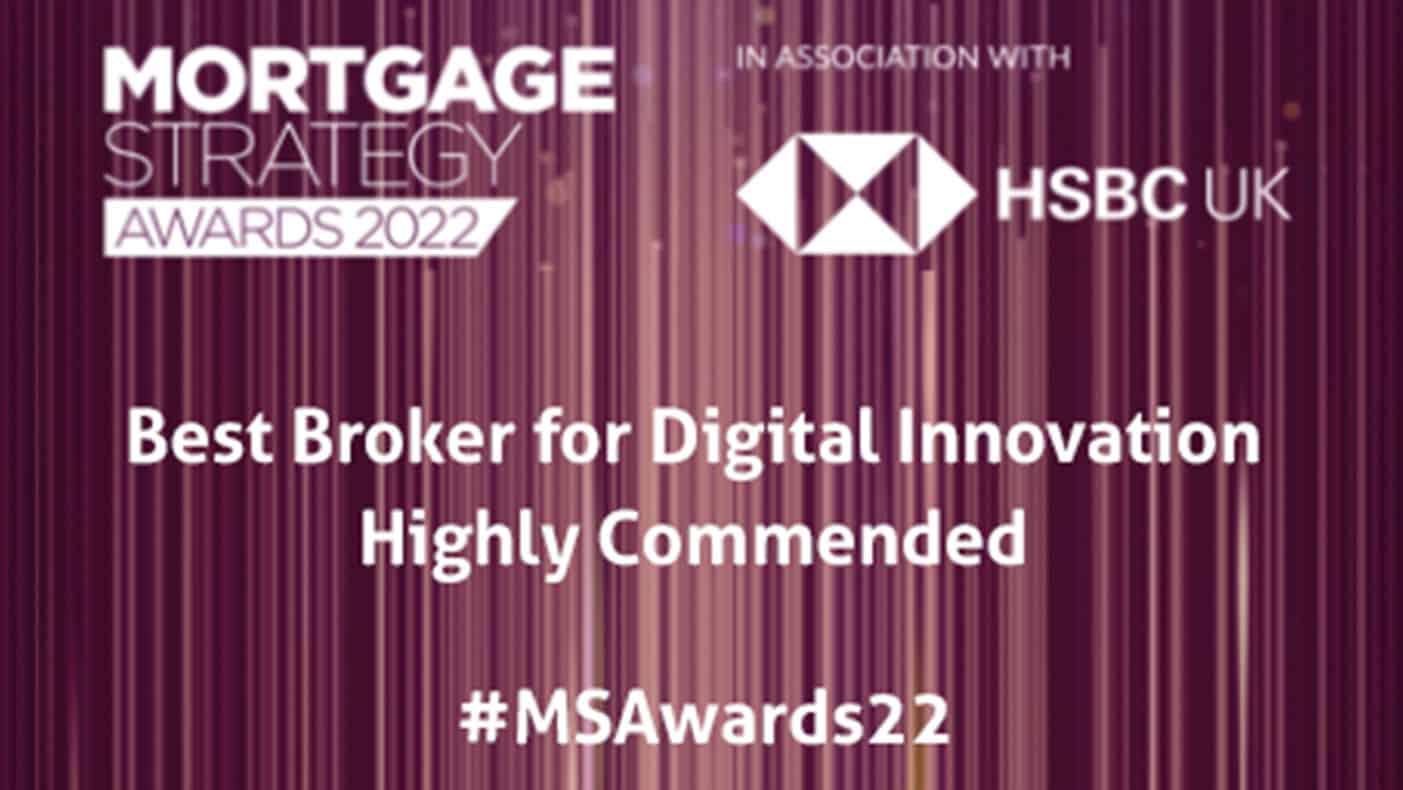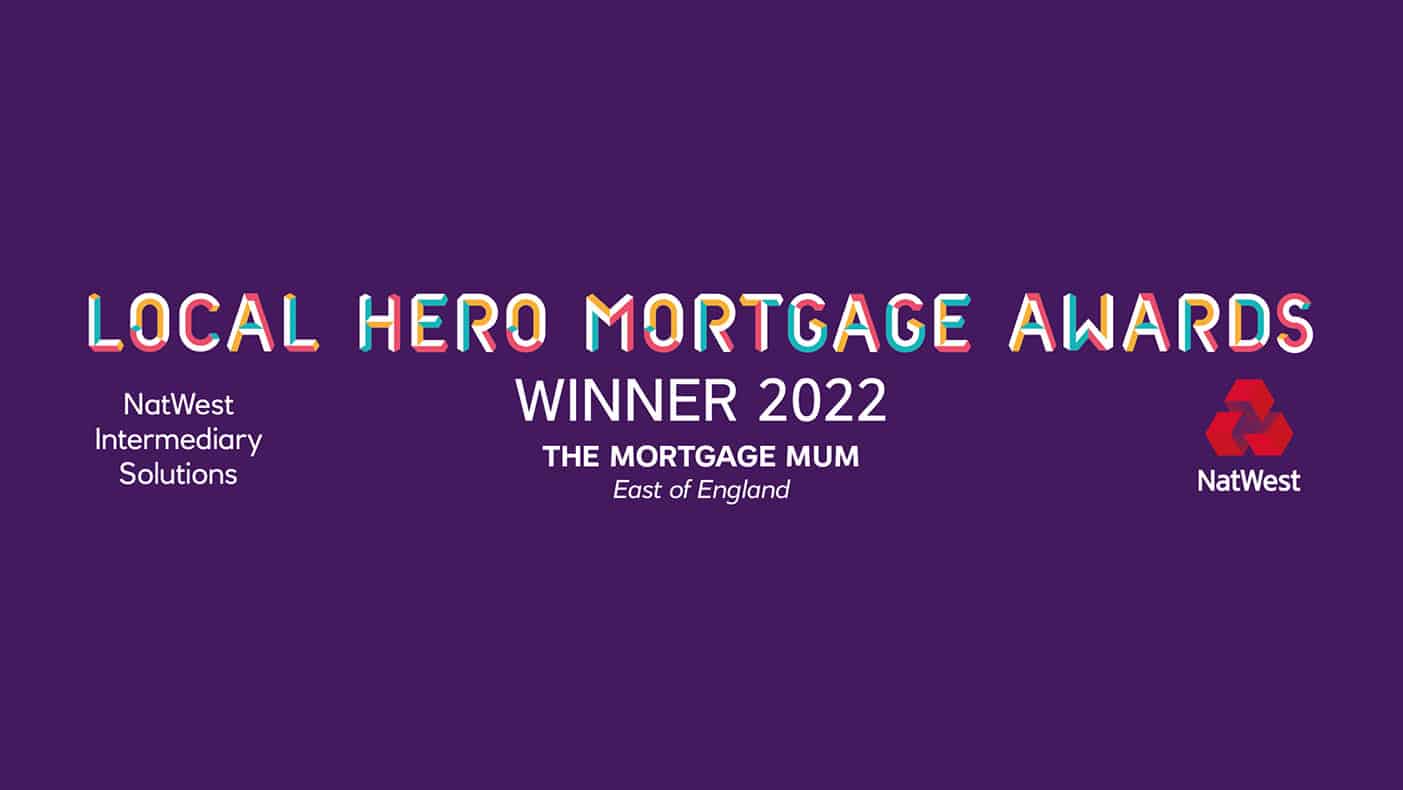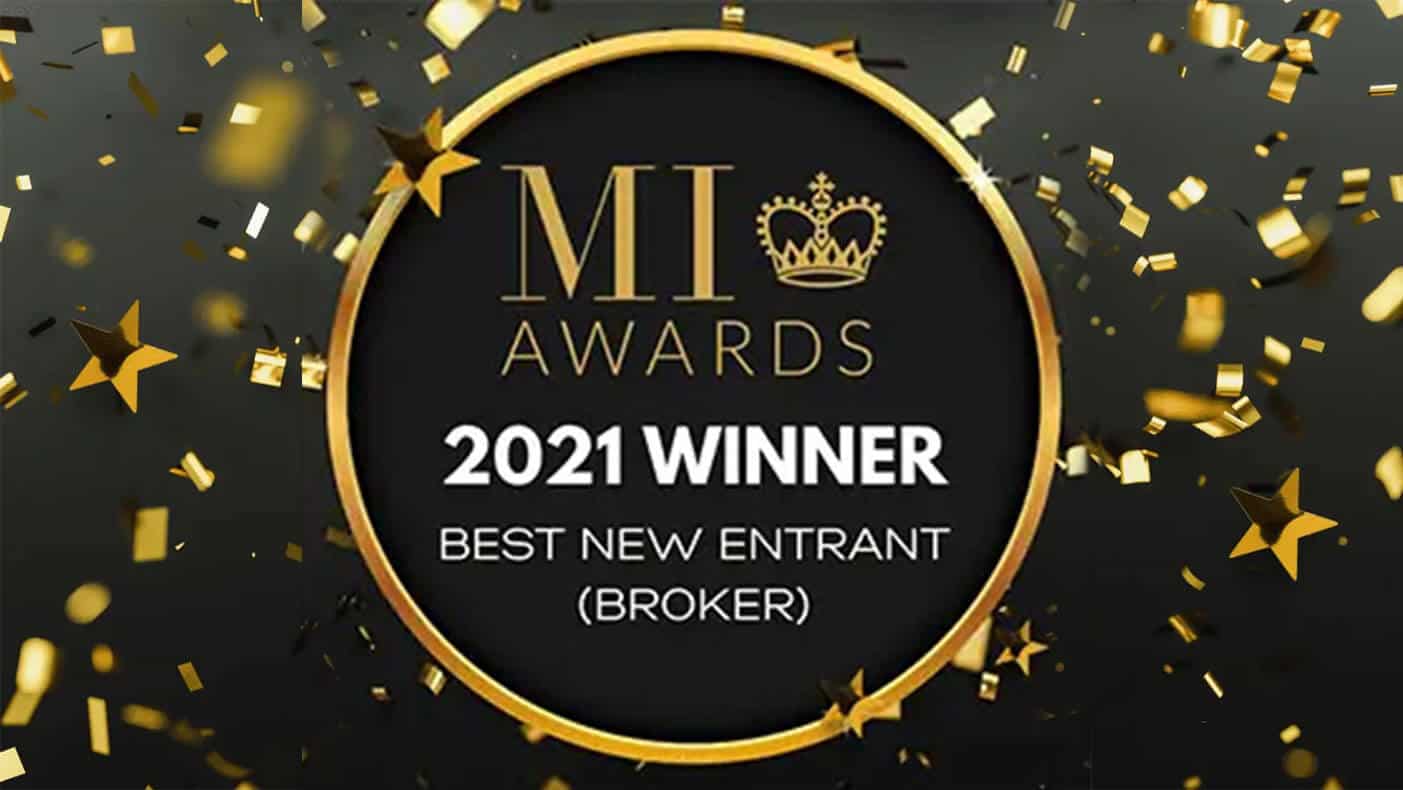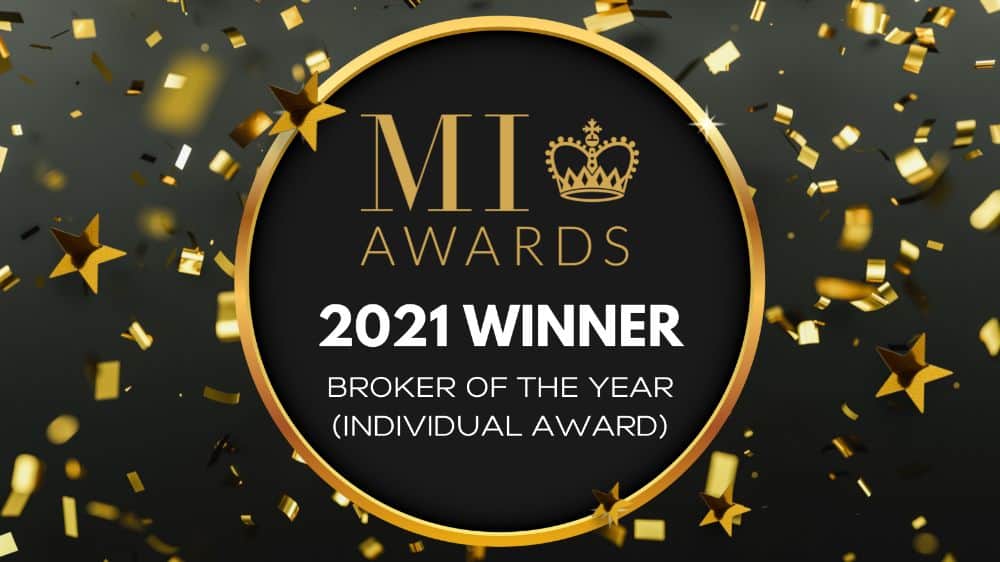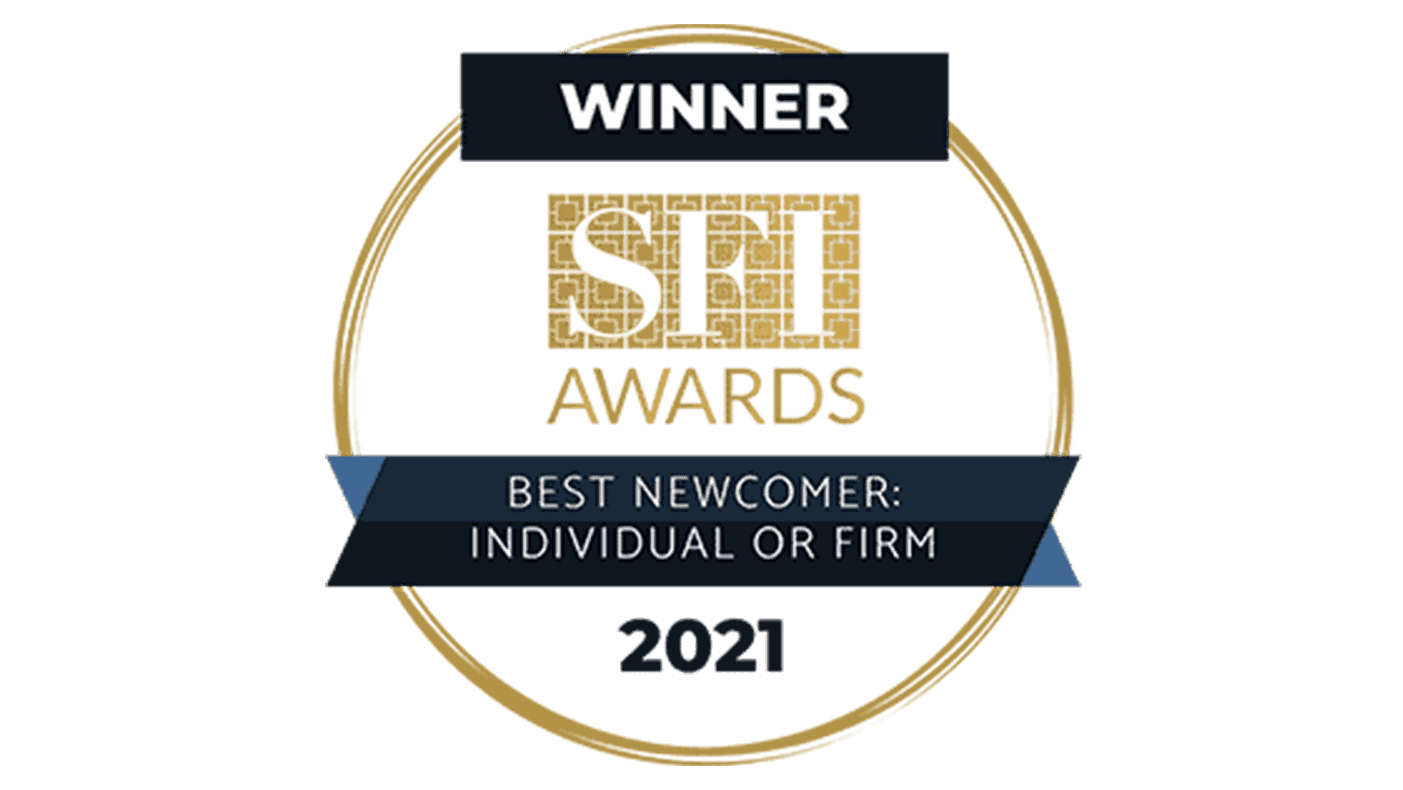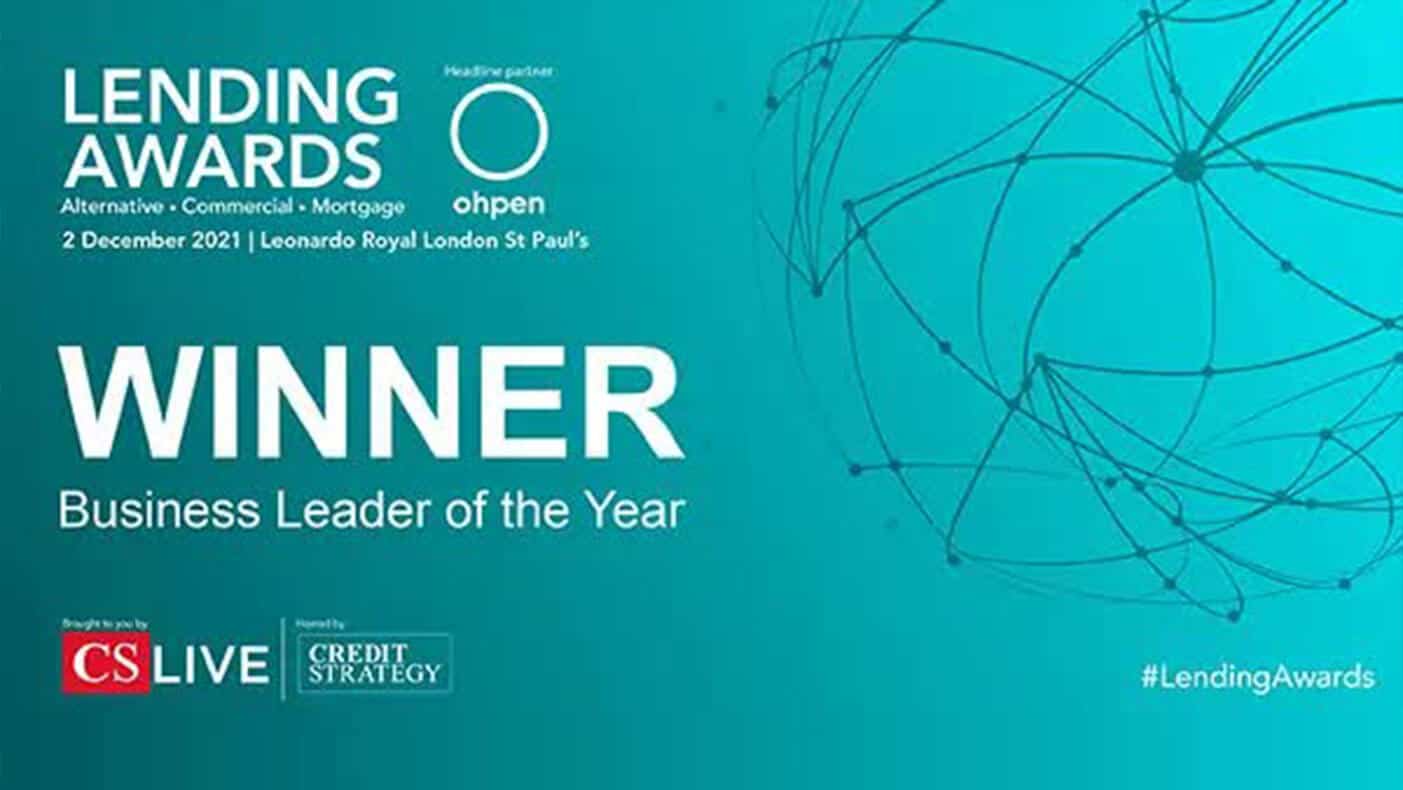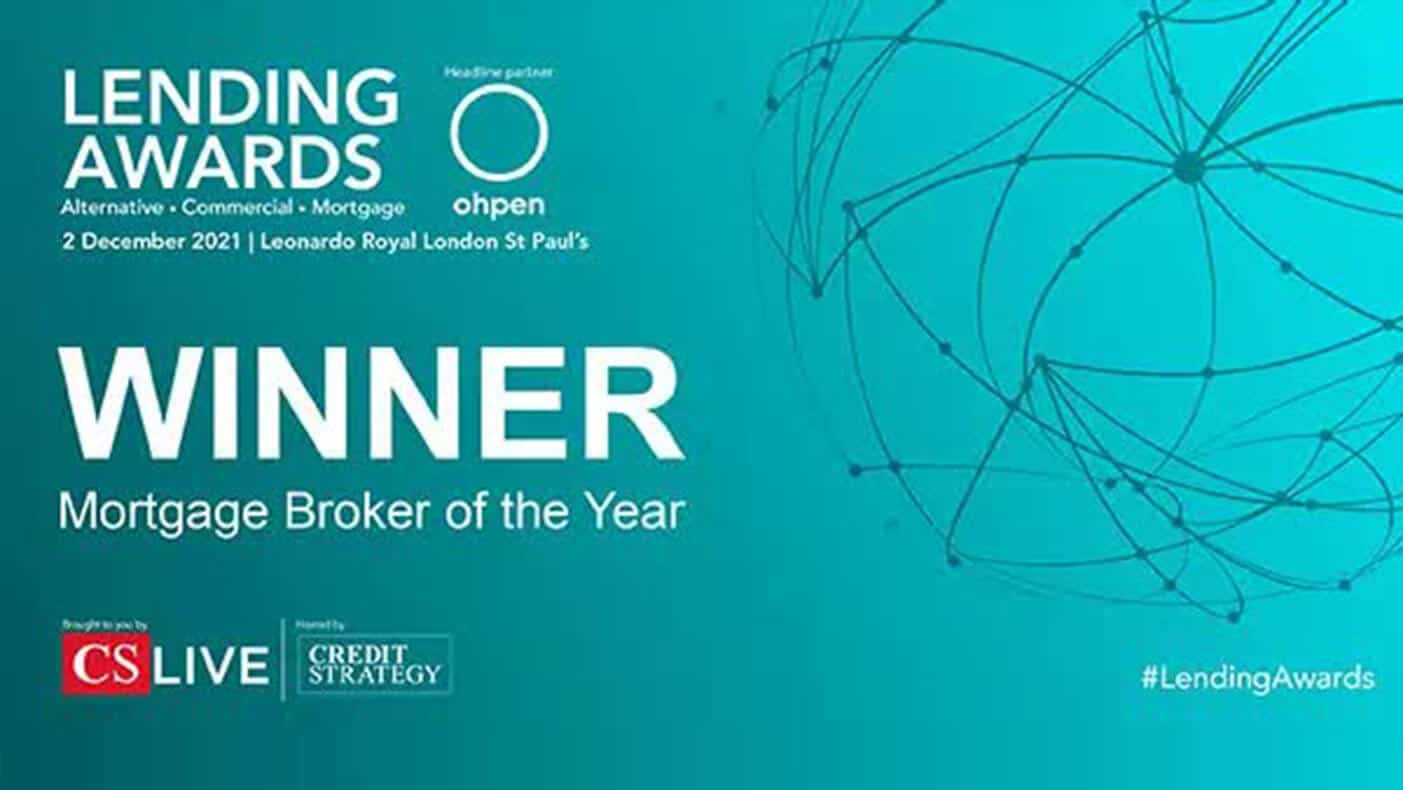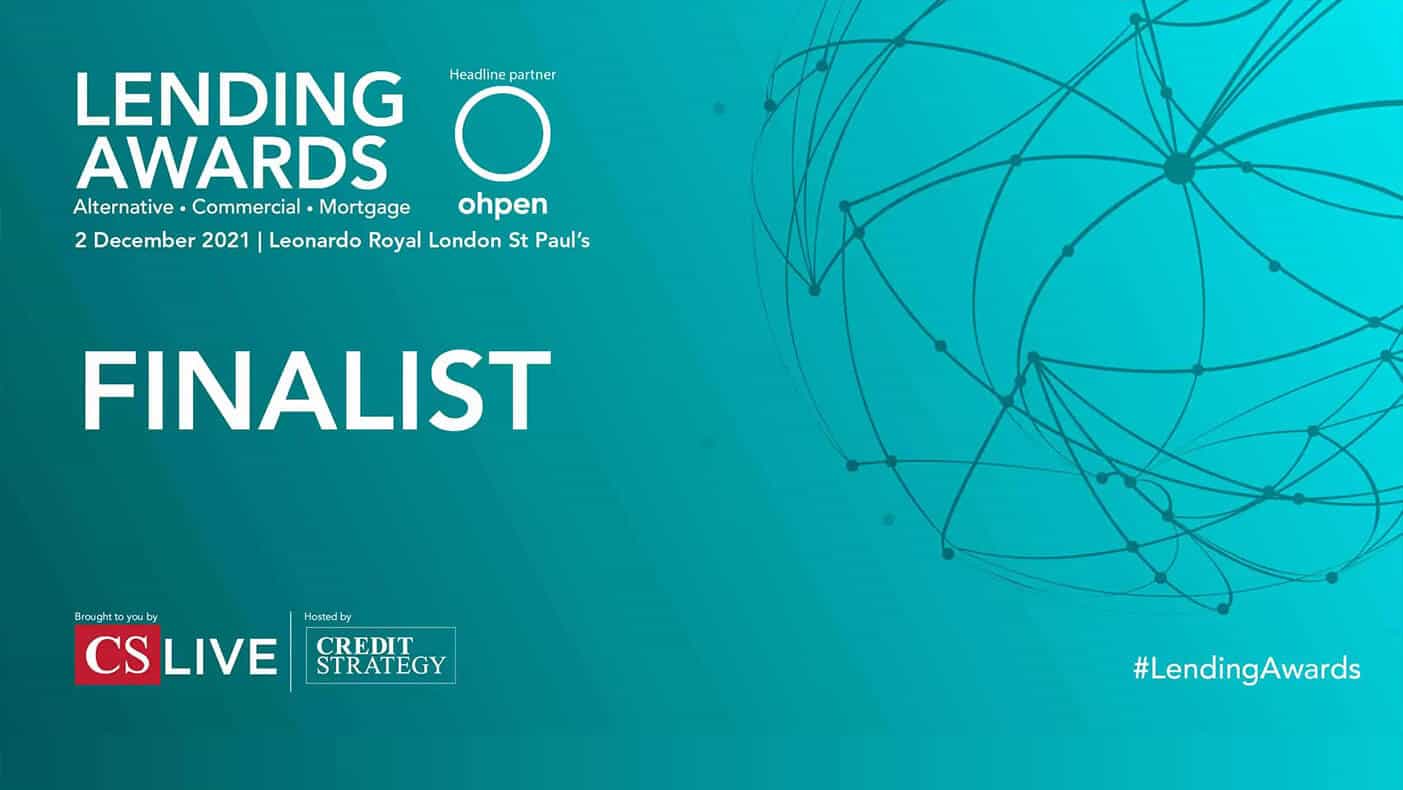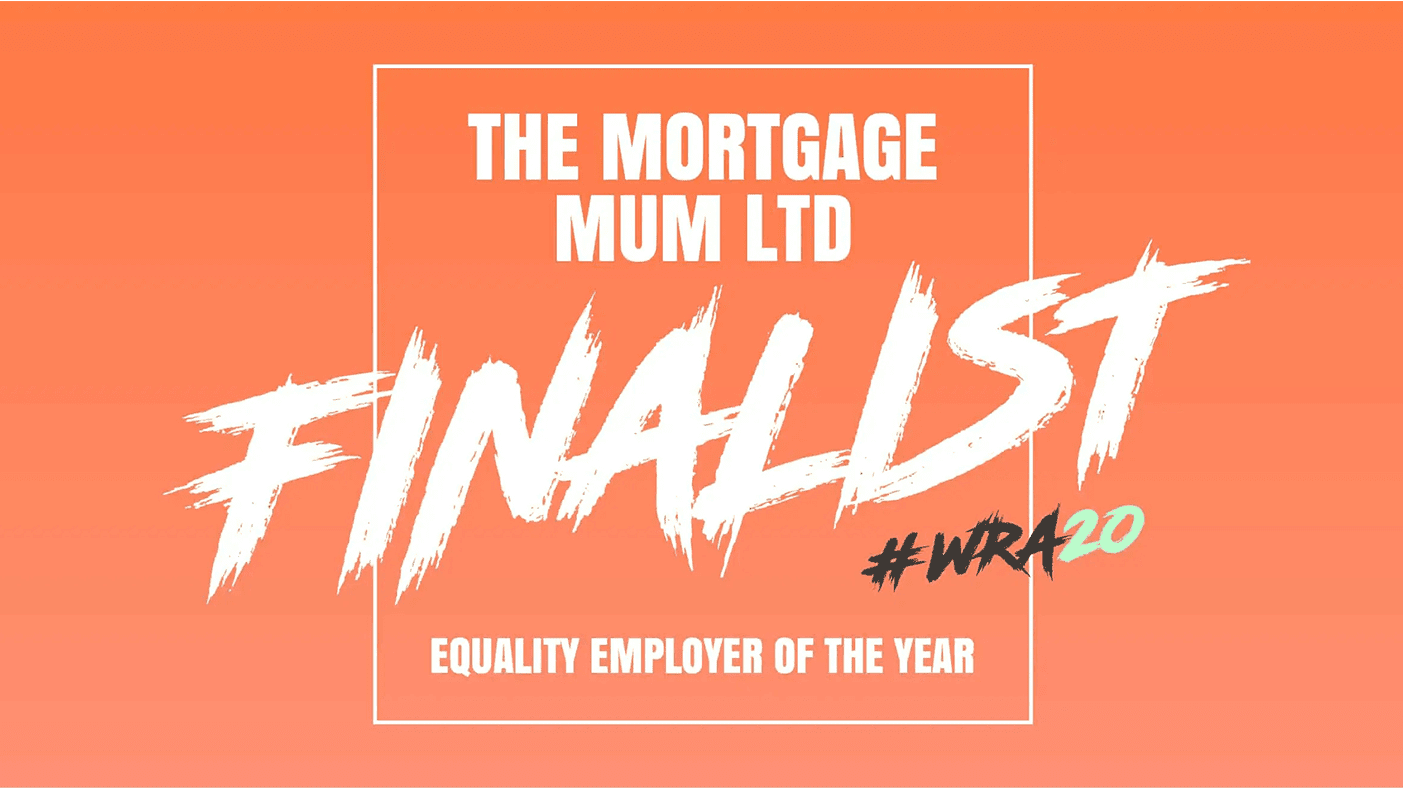Buy to Let
- Multi- Award winning team
- Wide range of lenders
- Bespoke service, tailored to you
- Available at all hours, including after bath time!
Get in touch for an initial free, no obligation chat with an advisor about how we might be able to help.

Get in Touch
Home » Buy to Let
Buy To Let Mortgages: What You Need to Know
Do I need a Buy to Let Mortgage?
If you’re planning to purchase a property to rent out for profit, then you’ll need a Buy to Let (Buy to Let) mortgage. It’s illegal to rent out your home if you have a standard residential mortgage without consent from your lender, but it is sometimes possible to convert your mortgage type.
Will I be accepted?
If you plan to apply for a Buy to Let mortgage, you should be ready to be subjected to additional acceptance criteria to a residential mortgage application. Whilst the exact criteria will vary slightly from lender to lender, it’s very likely that you will:
- Need to own a residential property (a mortgage is fine, it doesn’t need to be outright)
- Have a salary of at least £25,000 (Not all lenders have a minimum, but most do)
- Maintain a good credit score
- Need to repay the mortgage fully between the ages of 70-75
How do Buy to Let Mortgages Work?
Most Buy to Let mortgages are arranged as interest only, rather than repayment. The interest rates are higher than they are for other types of mortgage and you’ll need a minimum deposit of 25%.
It’s important to note that, much like you can’t rent out a residentially mortgaged property, you cannot live in a Buy to Let mortgaged property. Also, not all Buy to Let mortgages will be regulated by the Financial Conduct Authority (FCA). Examples for BTL Mortgages that are covered by The Financial Conduct Authority include purchasing the property with the sole intention to let it to close family members, accidental landlords and Consumer Buy to Lets
How much can you borrow on a Buy to Let Mortgage?
With a Buy to Let mortgage, your lender will calculate the loan predominantly on the potential rental yield (income) from your chosen property. Whilst stress tests are usually carried out on your ability to afford the repayments, your personal income will not determine the amount you can borrow on a Buy to Let property.
Lenders will want the rental yield from your chosen property to equal at least 125% of the monthly repayments. It’s therefore a good idea to look at local average rents in the area you are looking to buy and on similar property types to your Buy to Let property.
It’s important to plan for property vacancy
Buy to Let properties have the potential to make a stable monthly income, as well as taking care of the mortgage payments. It’s always wise, however, to plan for periods where there is no rental income from the property.
There are a number of situations whereby you will have no rental income from a Buy to Let property, the main one being an empty property. A high end rental protection policy will cover a Buy to Let property for most eventualities.
Consider a back up plan to cover the final repayment
If you take out the more common interest only type of Buy to Let mortgage, always keep in mind how you’ll pay off the final lump sum. Most buy landlords plan to sell their rental property to cover this, which is a great option. There are plenty of situations, however, where this method will not be possible.
If your rental property takes a long time to sell, or a market crash means that it has decreased in value, it may not be possible to pay off the mortgage this way. Savings or investments are a good back up plan and could help avoid a difficult situation at the end of your mortgage term.
Speak to an expert
We will work at times that suit you and your family, carrying out appointments via video call, telephone or email, giving you the benefit of first class service, around your own schedule, and in the comfort of your own home. So let us handle your mortgage today and find out how well we can look after you, The Mortgage Mum way!
Tax Implications of a Buy to Let Property
Before you make a final decision about entering the Buy to Let property market, you should be aware of the additional tax implications incurred:
- 3% higher stamp duty will be due on your Buy to Let property than on residential properties
- Income tax is payable on both your rental income and any profits from the sale of your property, should you sell it
- Capital gains tax is payable when you sell the property
With regards to the income tax payable on rental income, you are entitled to tax relief on certain aspects of the properties upkeep. For example; property repairs, letting agent fees and council tax. You should also take into consideration, however, that the additional income will affect your overall tax band too. We advise you to always seek advice from a tax specialist.
Where can you get a Buy to Let Mortgage from?
Both high street lenders and specialist mortgage providers offer buy to let mortgages. Finding the right lender, however, can be time consuming and difficult.
Particularly if you are new to buy to let properties, it’s a good idea to speak to a mortgage adviser for some advice, prior to your application.
How can The Mortgage Mum help?
There are many benefits of using a mortgage broker, for example, they can guide you towards those lenders most likely to accept your application. They can also save you time and stress, helping with the arduous administrative side of the mortgage application process.
In order to maximise profit from a Buy to Let property, it’s essential that you obtain the best possible mortgage deal available. So perhaps most importantly for those taking out a Buy to Let mortgage, using a broker will ensure that you have access to a wider range of deals and find the one that suits you best.























